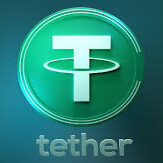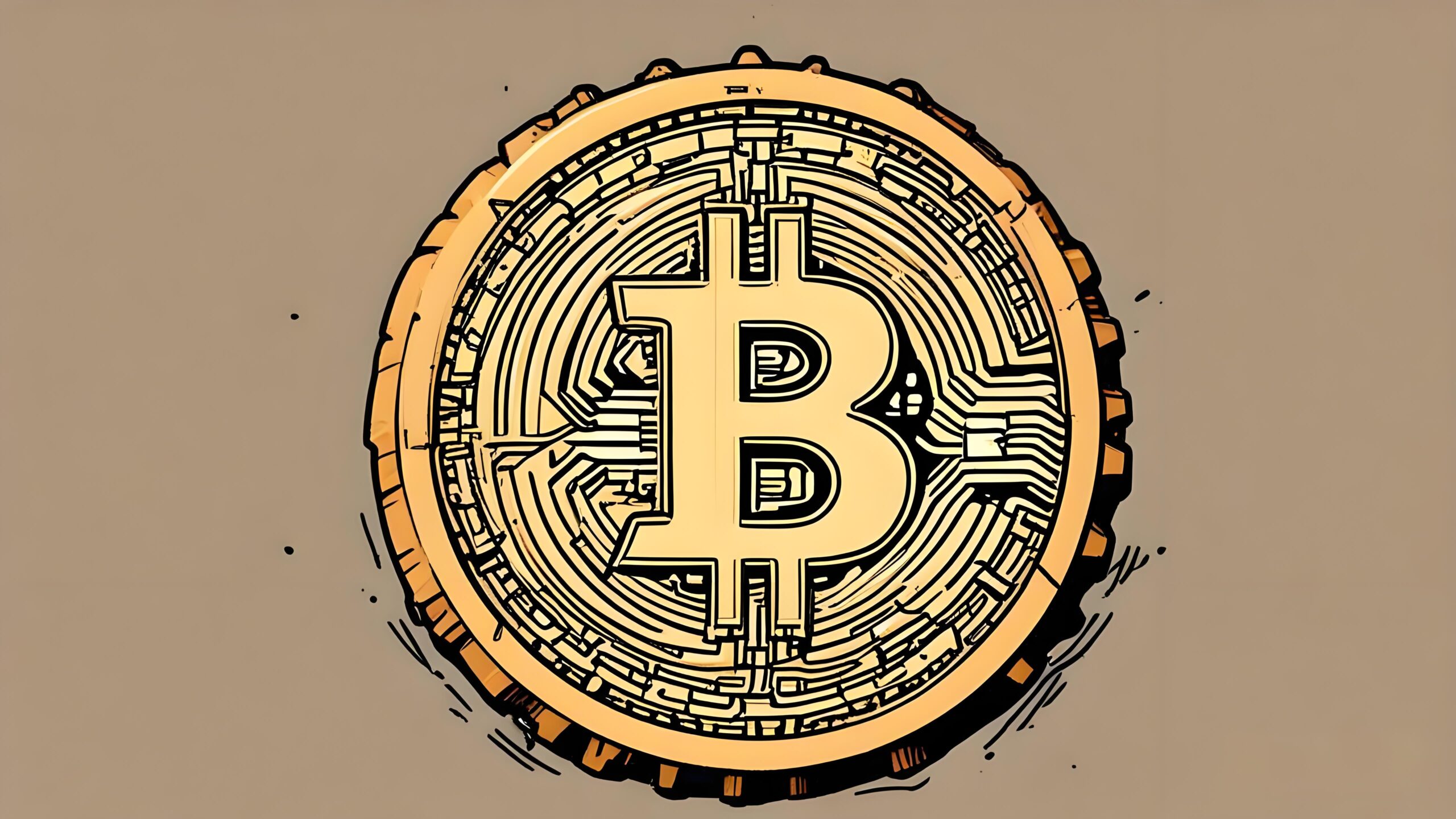Tether, the prominent stablecoin issuer, has announced a significant move aimed at further decentralizing Bitcoin’s block-building process. The company revealed that it will be directing both its current and future Bitcoin hash rate to OCEAN’s mining pool, a key initiative to strengthen the Bitcoin network’s decentralization.
In a statement released on April 15, Tether CEO Paolo Ardoino emphasized that this partnership aligns with both the company’s broader strategy to invest in mining operations and its commitment to fortifying Bitcoin against centralizing pressures in the industry. “Deploying our hashrate to OCEAN is a crucial part of our mission to ensure Bitcoin’s long-term resilience,” said Ardoino.
Centralized Mining Pools vs. Decentralized Block-Building
Despite Bitcoin’s overall hash rate being distributed across a global network of miners, the process of constructing blocks remains largely dominated by a few major players. Mining pools like Foundry USA, AntPool, and ViaBTC have established strongholds in this area, consolidating power and influence over the block-building process.
OCEAN, however, is working to change that dynamic. The protocol enables miners to create their own custom block templates using its open-source DATUM protocol. This innovation significantly reduces reliance on centralized mining intermediaries, enhancing the network’s resistance to censorship and centralization.
A Global Initiative

Tether’s collaboration with OCEAN will see the latter’s DATUM software deployed across Tether’s mining operations worldwide. These include facilities in rural regions of Africa, which are typically underserved in terms of mining infrastructure.
The DATUM protocol provides miners with the tools to generate unique block templates on-site, a feature that promotes competitive performance globally while ensuring a diverse geographic and operational spread. “This approach is essential for keeping the Bitcoin network competitive while preventing any single entity from gaining too much control,” Tether added in its statement.
Expanding Bitcoin Mining in Latin America
Tether is no stranger to the Bitcoin mining sector. The company has already set up mining operations in Uruguay, Paraguay, and El Salvador, the latter of which also serves as Tether’s corporate headquarters. This new strategic partnership with OCEAN comes on the heels of Tether’s announcement in late 2023 of a $500 million investment in Bitcoin mining, further signaling its commitment to supporting the cryptocurrency’s decentralized ethos.
OCEAN’s Growing Influence
Founded by Bitcoin core developer Luke Dashjr in 2023, OCEAN has attracted attention from some prominent figures in the crypto space, including Block CEO Jack Dorsey. The protocol is still in its early stages, however, with OCEAN currently mining only between 0.2% and 1% of Bitcoin blocks, according to data from mempool.space.

Despite this relatively small output, OCEAN has made notable strides, recently mining consecutive blocks on April 14. In contrast, dominant pools like Foundry USA, AntPool, and ViaBTC collectively mine over 66% of all Bitcoin blocks. The partnership with Tether is expected to provide OCEAN with a much-needed boost in terms of hash rate and mining power.
Tether’s involvement could help OCEAN scale more rapidly, with the mining pool’s current hash rate standing at 18.3 exahashes per second (EH/s) over the past 24 hours. By comparison, Foundry USA has a much larger hash rate, exceeding 298 EH/s during the same period, thanks to the mining power of firms such as Hut 8, Bitdeer, and Bitfarms.
The Bigger Picture
This move by Tether highlights the ongoing efforts within the cryptocurrency industry to challenge the growing concentration of power in a few mining pools. As Bitcoin continues to mature, the need for decentralized block-building becomes increasingly critical to the network’s security and independence.
As the partnership between Tether and OCEAN unfolds, it may serve as a catalyst for other players in the space to explore new ways to decentralize mining and strengthen the integrity of the Bitcoin network. For now, all eyes are on how this collaboration will evolve and what it means for the future of Bitcoin mining.
